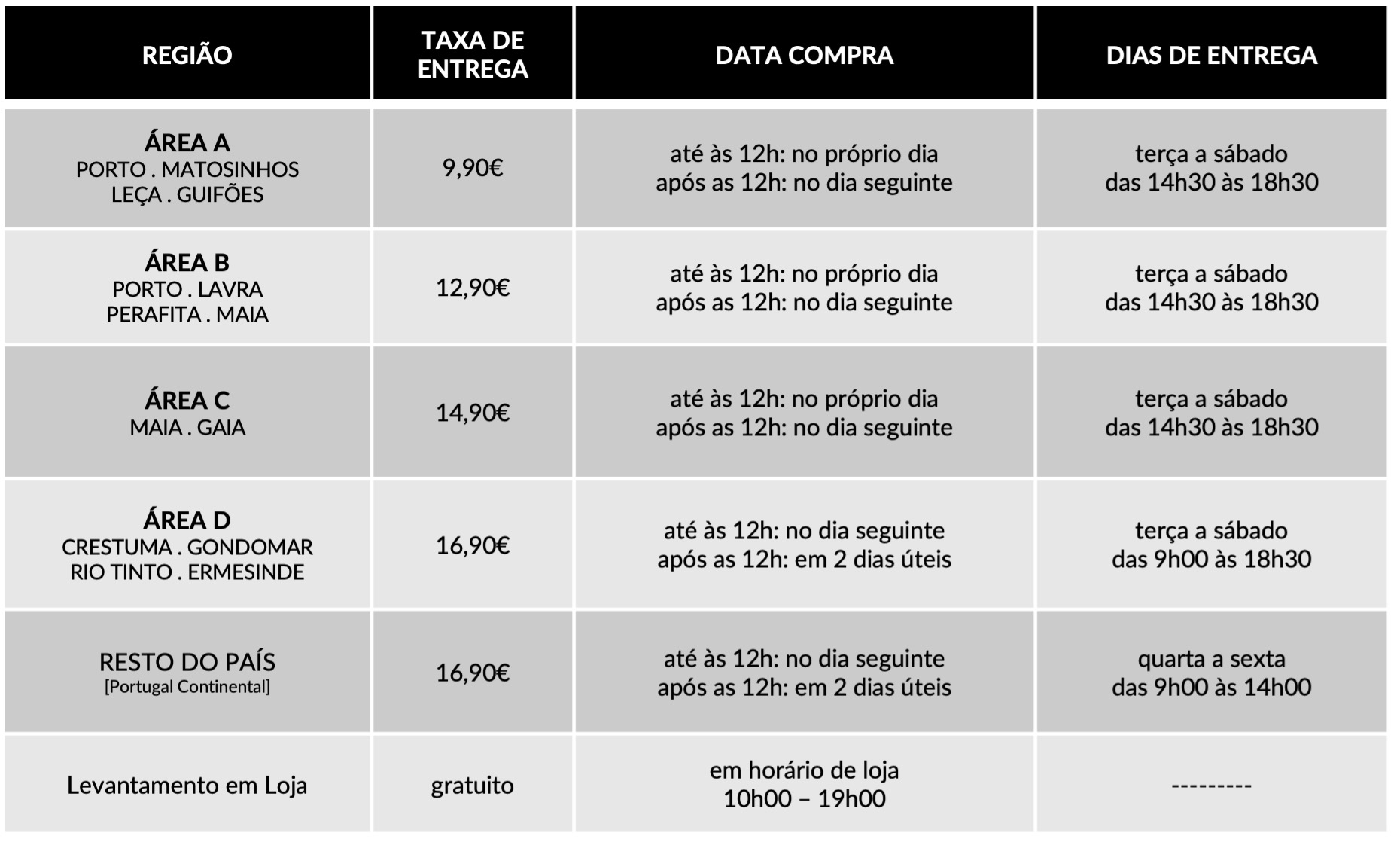Privacy Overview
| Cookie | Duração | Descrição |
|---|---|---|
| cookielawinfo-checkbox-analytics | 11 months | This cookie is set by GDPR Cookie Consent plugin. The cookie is used to store the user consent for the cookies in the category "Analytics". |
| cookielawinfo-checkbox-functional | 11 months | The cookie is set by GDPR cookie consent to record the user consent for the cookies in the category "Functional". |
| cookielawinfo-checkbox-necessary | 11 months | This cookie is set by GDPR Cookie Consent plugin. The cookies is used to store the user consent for the cookies in the category "Necessary". |
| cookielawinfo-checkbox-others | 11 months | This cookie is set by GDPR Cookie Consent plugin. The cookie is used to store the user consent for the cookies in the category "Other. |
| cookielawinfo-checkbox-performance | 11 months | This cookie is set by GDPR Cookie Consent plugin. The cookie is used to store the user consent for the cookies in the category "Performance". |
| viewed_cookie_policy | 11 months | The cookie is set by the GDPR Cookie Consent plugin and is used to store whether or not user has consented to the use of cookies. It does not store any personal data. |

Dedicamos toda a atenção na manutenção e preservação das nossas Flores, garantindo que cheguem ao nosso cliente com toda a frescura, qualidade e beleza. Disponibilizamos várias soluções de manutenção e embalamentos adequando sempre a cada necessidade e contexto da entrega.
Pode incluir na sua oferta uma mensagem personalizada que irá ser reproduzida por nós. No processo da compra online basta preencher o campo ”dedicatória” e escrever a mensagem pretendida.
Valorizamos e priorizamos a qualidade dos serviços e dos nossos produtos. Todas as flores disponibilizadas nos ramos e arranjos disponíveis na loja online são frescas e estão em condições de servir o destinatário.
Caso haja alguma insatisfação por parte do cliente, recomendamos que utilize os nossos canais de comunicação para que possamos analisar a questão.
As fotografias são ilustrativas, quer isto dizer que não garantimos a 100% a sua fieldade com a realidade.
As fotografias devem ser interpretadas como uma base de modelo ou de estética onde as alterações estão sujeitas ao stock da flor e ao trabalho humano de cada florista. Note-se que algumas flores são sazonais e não estão disponíveis todo o ano. Como tal, serão necessárias fazer adaptações consoante a época e o stock da flor.
Para casos onde as alterações sejam extremamente notórias, contactaremos o cliente para ajustar a melhor solução.
Não cancelamos nem alteramos encomendas se esta já se encontrar em fase de curso, ou seja, se já tiver saído da loja e em fase de transporte.
Se a encomenda se encontrar no estado inicial, de processo, é possível alterar e cancelar a encomenda e reaver o seu dinheiro.
Caso não havendo outra referência dada pelo utilizador (por exemplo: deixar no porteiro, na loja x, à pessoa y) o utilizador será contactado de imediato para ficar ao corrente da situação e, à falta de alternativas, a encomenda voltará para a Terrárea, Caso seja reagendada uma nova entrega será cobrada novamente taxa de entrega.
Sublinhamos a importância dos dados fornecidos pelo utilizador estarem correctos e claros. Há sempre a possibilidade do utilizador acrescentar um ponto de referência e outras informações para que não hajam quaisquer dúvidas no acto da entrega garantindo, assim, a qualidade do serviço.
Lamentamos mas não podemos facultar essa informação, se o cliente que realizou a encomenda não pretender.
Estamos abertos a alterações embora estas estejam sempre condicionadas pelo tipo de pedido do utilizador, stock em loja e conceito estético. Nestes casos sugerimos o contacto telefónico ou por email.
Queremos satisfazer todos os nossos clientes e oferecer o nosso melhor serviço. Agradecemos, por isso, todas as opiniões e sugestões para podermos encontrar soluções às suas necessidades! Contacte-nos a partir dos seguintes meios: via email info@terrarea.pt ou telefone 223 170 414
You can see how this popup was set up in our step-by-step guide: https://wppopupmaker.com/guides/auto-opening-announcement-popups/

Ao subscrever a newsletter aceito o tratamento de dados pessoais segundo as políticas de privacidade.
SIGA-NOS EM
CONTACTOS
223 170 414
(Chamada para a rede fixa nacional)
INFO@TERRAREA.PT
COMERCIAL@TERRAREA.PT


Why Managing Token Approvals, Liquidity Mining, and Gas Optimization Are Game Changers in Crypto Wallets
You ever get that nagging feeling when you approve some token in your wallet, and then later wonder, “Wait—did I just give them full access to my entire balance?” Seriously, that gut punch of realizing your approvals might be a ticking time bomb is something every DeFi user faces. Wow! Managing token approvals isn’t just about clicking “Approve” and moving on—there’s a whole ecosystem of risks and nuances beneath that seemingly simple action.
Initially, I thought token approval management was straightforward. But the more I dug in, the more I realized it’s this tangled mess of security, convenience, and user experience. On one hand, you want to make interacting with DeFi protocols seamless. On the other, leaving infinite approvals can expose you to serious exploits. So how do you strike the right balance? It’s a puzzle that wallet developers like those behind rabby wallet are trying to solve with some clever UX and smart defaults.
Here’s the thing. When you approve a token, you’re basically giving a contract permission to spend your tokens without asking again. That’s why gas optimization and liquidity mining strategies also come into play, because each approval and interaction costs gas, and if you aren’t careful, those fees stack up fast. Hmm, it’s almost like juggling flaming torches—you want to keep things efficient without burning your assets or your patience.
Let me walk you through some of the quirks and lessons I’ve picked up, especially around wallets that emphasize security and multi-chain support. Spoiler: not all wallets handle this well, and many users just accept the risk or don’t even know about it.
Okay, so check this out—
Token Approval Management: The Silent Vulnerability
Token approvals are the unsung gatekeepers of your crypto funds. When you approve a contract, you’re often setting a max allowance that doesn’t expire. I know, it sounds convenient, but it’s also very very risky. If that contract gets compromised, or if the dApp decides to go rogue, it can drain your tokens at will. Whoa!
My instinct said, “Just approve what you need each time.” But that’s impractical, especially when interacting with complex DeFi protocols where repeated approvals mean higher gas costs. This is where some wallets shine by offering granular approval controls or automated allowance resets.
Interestingly, rabby wallet integrates features that let users view, modify, and revoke token approvals directly from the interface. That’s huge because it empowers users to clean up their “approval mess” without diving into block explorers or cumbersome command lines.
One common mistake I see is users blindly approving infinite allowances on every token. It’s like giving a stranger your car keys without asking for a driver’s license. Seriously? Yeah, that part bugs me because it’s avoidable yet so widespread.
But wait—let me rephrase that. Some infinite approvals are necessary for seamless liquidity mining or staking, where frequent transactions happen under the hood. So, the trade-off is between security and usability, and the wallet’s job is to help balance that tension.
Liquidity Mining: Rewards with a Side of Complexity
Liquidity mining has been the big draw for DeFi users chasing yields. You put your tokens into a pool and earn rewards, sometimes in multiple tokens. Sounds great. But here’s the kicker: interacting with these protocols usually requires multiple approvals and transactions, each burning gas.
At first, I thought liquidity mining was all about stacking those rewards. But the reality hit me hard when I saw my wallet drained by fees more than gains on smaller stakes. On one hand, high gas fees can eat your profits, but on the other, skipping necessary approvals or interactions can lock your funds or cost you rewards.
Wallets that focus on gas optimization can make or break this experience. For example, smart batching of transactions and leveraging gas tokens or fee tokens can lighten the load. I’m biased, but wallets like rabby wallet seem to be getting this right by providing multi-chain support with better fee estimations and less friction.
Something felt off about how many wallets still force users to manually juggle these settings. The UX is often clunky, and that’s a huge barrier for newcomers or even experienced users who just want to maximize returns without headaches.
Gas Optimization: The Hidden Art
Gas fees in the Ethereum ecosystem (and others) are like tolls on a busy highway. Sometimes you pay a little, sometimes you get stuck in traffic and pay a fortune. Managing gas is an art and a science, and it’s closely tied to how token approvals and liquidity mining get executed.
One trick is to approve tokens only when gas prices are low or to use wallets that can queue transactions smartly. Another tactic is using layer-2 solutions or sidechains to reduce costs, but that introduces its own complexity. On one hand, it’s a technical headache; on the other, ignoring gas optimization is just throwing money away.
Here’s where wallets that integrate gas optimization natively shine. They can suggest optimal times, bundle approvals, or even alert you if a token’s approval is unusually high. I’ve tested rabby wallet, for instance, and found its gas tracking and approval management quite intuitive—it’s like having a personal assistant for your crypto spending habits.
But I’ll be honest, not all solutions are perfect yet. Some gas-saving strategies delay transactions, which might mean missing out on fast-moving opportunities. So the user has to weigh speed versus cost, and that’s a very personal call.
Check this out—this screenshot from a multi-chain wallet shows how approvals, mining rewards, and gas fees interplay in one neat dashboard. It’s a game changer for folks juggling multiple protocols and chains.
Bringing It All Together: Why Multi-Chain and Security Matter
With DeFi spreading across Ethereum, BSC, Polygon, and others, a wallet that can handle multi-chain approvals securely and efficiently is gold. But it’s not just about hopping chains—it’s about managing token permissions consistently and safely everywhere.
At first, I thought managing approvals on one chain was hard enough. Then I tried doing it across five, and I realized why advanced wallets focusing on usability and security like rabby wallet are gaining traction. They don’t just let you approve tokens; they actually help you see, understand, and control those approvals on all chains from one place.
Oh, and by the way, these wallets often integrate gas optimization tools that can save you dozens, sometimes hundreds of dollars a month if you’re an active user. That’s not trivial—it’s real money.
Still, I’m not 100% sure this space has matured enough to fully protect newbies from costly mistakes. There’s a lot of room for scams, phishing, and just plain user error. But with better tools, education, and community awareness, I think we’re heading in the right direction.
So yeah, managing token approvals, liquidity mining strategies, and gas fees isn’t just about geeky crypto stuff—it’s about protecting your hard-earned assets while squeezing the best value out of DeFi. And wallets that get this balance right are the ones you want in your corner.
Frequently Asked Questions
Why should I care about token approvals?
Because approvals let contracts spend your tokens without asking every time. If you give unlimited approval, you risk losing your tokens if the contract is compromised or malicious.
How does gas optimization relate to token approvals?
Every approval transaction costs gas. Optimizing when and how you approve tokens can save significant fees, especially if you interact with multiple protocols often.
Can I manage approvals across different blockchains?
Yes, but it’s tricky. Wallets like rabby wallet offer multi-chain approval management, making it easier and safer.